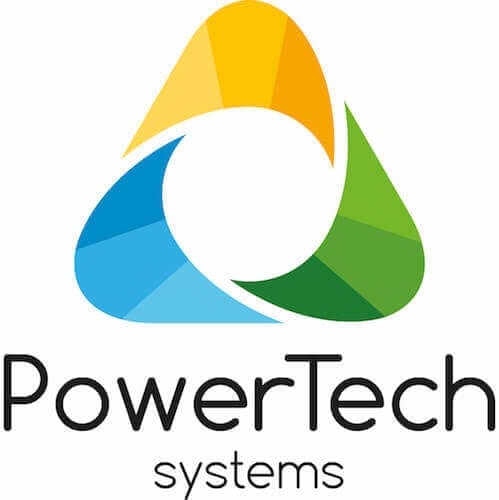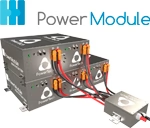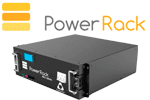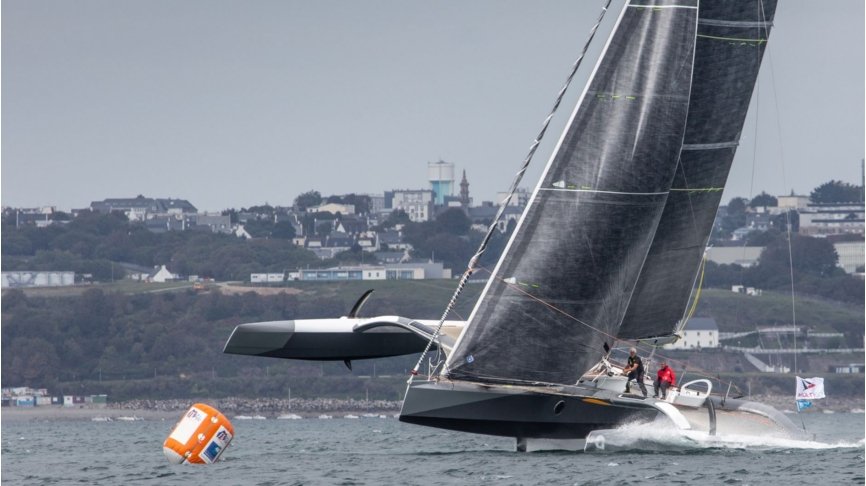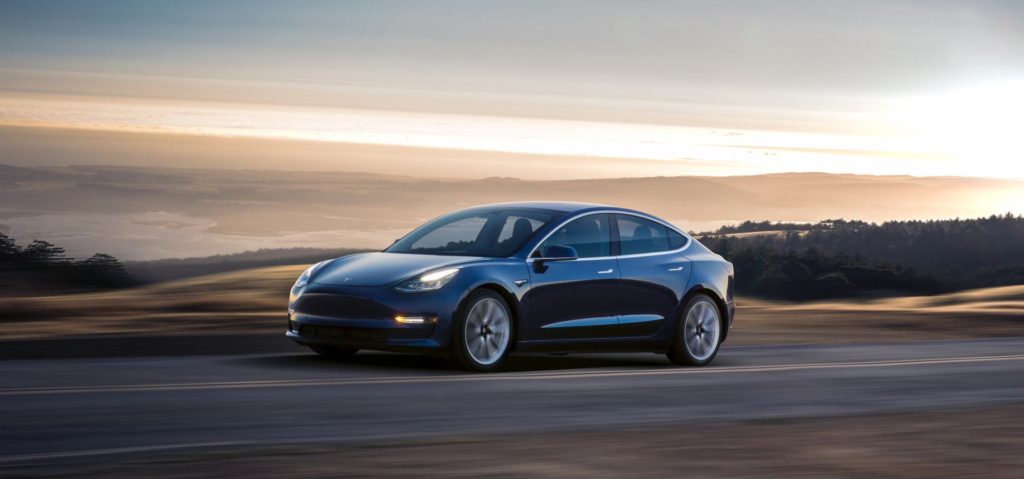PowerTech develops smart and highly scalable BMS
MARBEL Project
PowerTech has been selected and enrolled in a new innovation project led by the European Union. We are proud to participate in the MARBEL project, whose objective is to develop a vehicle battery that meets the acceptance criteria for the future. Namely ecodesign, modularity, use of recycled and environmentally friendly materials, additive manufacturing, ultra-fast charging, and last but not least low manufacturing costs.
Our contribution in this project is major since we will be in charge of developing a distributed and ultra-communicating BMS system for the management, control and piloting of this new generation battery.
The ultimate goal of this project is to produce this battery of the future for a car model of the FCA (FIAT-CHRISLER) group from the end of 2024.
This project will start in January 2021 and is financed by the European innovation programme H2020 to the tune of about 11 million euros.
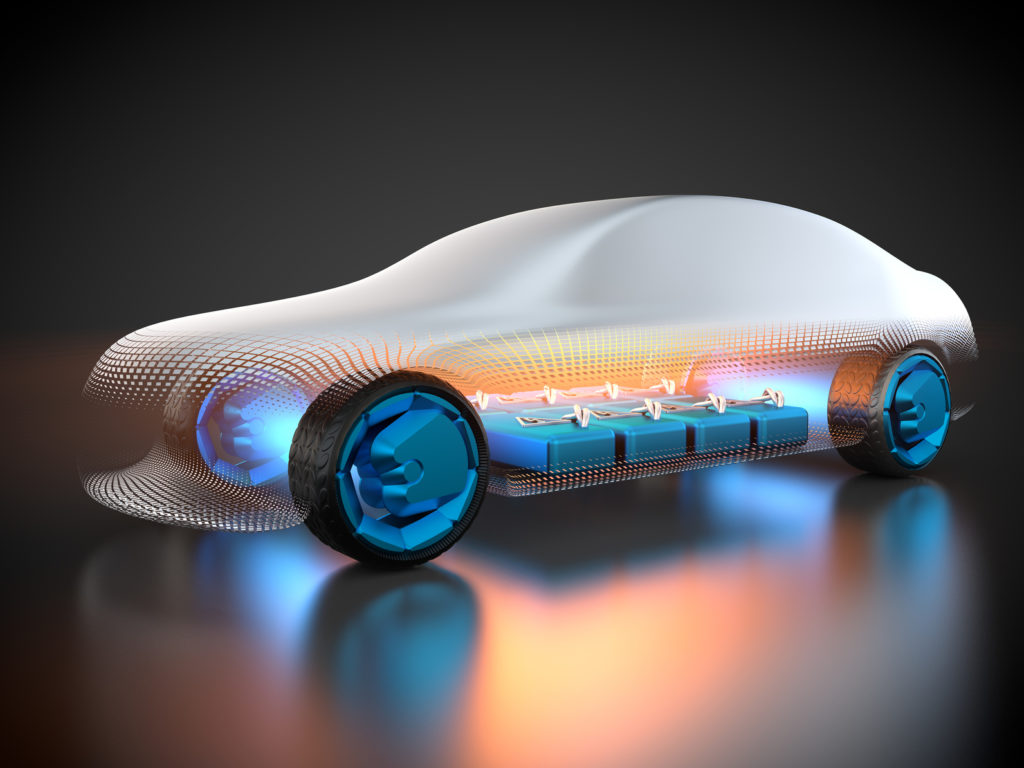
More details of the MARBEL project :
With the goal of accelerating the mass market take-up of ultra-high-performance batteries for battery electric vehicles (BEV) and plug-in hybrids (PHEV), MARBEL project (Manufacturing and Assembly of modular and Reusable Battery for Environment-friendly and Lightweight mobility) will base its approaches, solutions and innovations around the versatility concept as an axis within the entire project. It will focus on the need for fast charging and long-lasting batteries to boost end user demands, while applying high modularity and easy assembly and developing novel testing methodologies for safety, profitability and circularity.
MARBEL will design, develop and demonstrate new modular, compact, lightweight and high-performance battery packs together with flexible and robust battery management systems for these BEV and PHEV, while maintaining safety levels, allowing fast, high quality and cost-effective large-scale production and following the “made by Ecodesign” principles. A set of modules easy to pack together and to disassemble would ease the manufacture and dismantling of different battery configurations sharing the same production process and common elements.
MARBEL will develop and qualify future and innovative performance- and safety-related test procedures of developed functionalities such as the use of miniaturised housings, a flexible test-bench simulating integration-in-EV conditions (electric Vehicle In-the-Loop, eVIL) and artificial intelligence as a tool to reduce the time of laboratory experiments.
MARBEL approach is based on the following pillars:
PowerTech develops smart and highly scalable BMS
